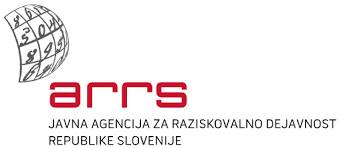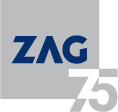
The project addresses the problem of management of contaminated industrial and municipal waste water, which represents an environmental problem, because it causes the impoverishment of drinking water resources in terms of quality and quantity The current state of the art allows many possibilities for research and development to optimize this highly promising method. This is possible through the following innovative approaches to be used within the project: a) improvement of the design of the electrochemical cell, b) new combinations with complementary methods for the treatment of waste water, c) the use of nanotechnology, d) improving the separation of floccules from purified water using various granular materials, including industrial recycled materials. An optimized electrocoagulation process will be the basis for the development of a multistage cleaning process for recycling waste water.
The main objective of the project is to investigate the chemical and physical mechanisms of cleaning of heavily contaminated water (the case of waste water from industry, leachates from a municipal landfill site, and municipal waste water) with the EC process and to optimize based it based on the use of real water samples. Experimental work on real water matrices will help optimize the EC process for real-case uses.
Within the project, the following basic objectives have been established:
- construction of a test laboratory electrochemical cell and optimization of its design;
- optimization of the basic operational parameters of the EC process (pH, T, reaction time, electrode composition and distance between them, electric current density) for cleaning the real samples of contaminated water predicted within the scope of the project,
- upgrading of the EC process with advanced approaches and materials;
- upgrading of the optimized EC process with additional complementary alternative water treatment (filtration) processes in order to achieve the quality of water necessary for its recycling

